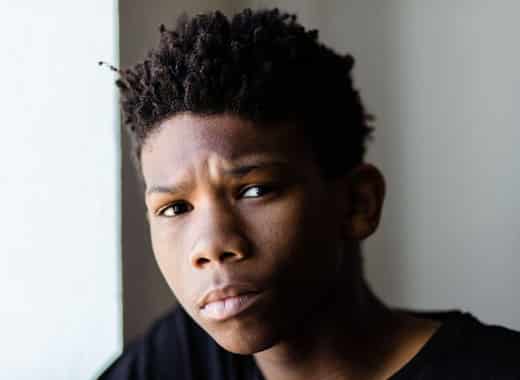Alleviating coronavirus anxiety
- March 14, 2020
- The REACH Institute
- Anxiety Pediatric primary care,

We don’t have to tell you that virtually everyone feels anxious about the spread of COVID-19.
An appropriate level of anxiety can be helpful if it inspires people to follow CDC recommendations on hygiene and social distancing.
An unnecessary level of anxiety, however, can impair both mental and physical health. Many of your patients and families are suffering from unhealthy anxiety, whether they present with possible COVID-19 symptoms or come in for an unrelated complaint.
As the family’s trusted primary care provider, you are in a strong position to counteract rampant misinformation with solid facts about what is and is not known.
However, the first step, before you start to share the facts, is to check your own anxiety. “If you seem scared or tense…, the child will absorb it and also feel anxious,” said Eli R. Lebowitz, PhD, associate professor at the Child Study Center, Yale School of Medicine (quoted by NewsDio).
Your worries may be different from those of your patients and families. However, children pick up feelings, not the reasons for feelings. They can’t tell the difference between “My practice might not have enough personal protective equipment” and “You and your parents are going to die.”
So monitor your own responses. If you notice signs of anxiety, take a few deep breaths or even step out of the room for a moment until you can bring your whole, calm self to your patients.
Then you can help children and parents deal with their anxiety. Lisa Hunter Romanelli, PhD, REACH CEO and licensed clinical psychologist, offers three suggestions.
1. Be responsive to children’s questions
Even when they come in for another reason, patients and families are likely to ask about coronavirus. Make sure you understand not only the question but also the worry behind the question.
A question about why people are wearing face masks may mean “Should I wear a face mask?” or “Will I get sick if I’m around face-mask people?” or “Is Grandma going to die?” Each deeper question requires a different response.
Remember, too, that children often do not ask the questions that bother them most. As you treat a non-COVID-related complaint, you can ask open-ended questions to assess your patient’s anxiety. Something like “How are you getting along with school being closed?” is a good opener.
Listen hard, and ask follow-up questions. Then respond with the facts, framed in age-appropriate ways.
2. Be reassuring
What we said about children picking up anxiety goes double when the anxious people are family members. This is where your calm mastery of facts is crucial. For example, most parents will be comforted to know that the effect of COVID-19 on children is relatively mild.
Remember to frame your reassurance in positive terms. Rather than sharing mortality rates, for example, say “Almost everyone who gets coronavirus will be sick for a few weeks and then get completely better.”
In speaking to either children or adults, remind them that not everything they see on the internet is true and that some news outlets accentuate the negative. Suggest age-appropriate sources or ask them to tell you where they can get reliable information.
3. Focus on what children and families can do to stay safe
Feelings of helplessness feed anxiety. Conversely, feelings of competence and the ability to affect outcomes alleviate anxiety. So remind families that effective ways to avoid getting sick are literally in their hands. Follow the CDC in telling children, “Handwashing is your superpower.”
For patients who may be infected, knowing that home treatment involves the same simple steps recommended for flu can also be empowering. Even serious talk with caregivers about symptoms that call for further treatment can be framed in a positive way. Emphasize that caring medical professionals will be there for them with appropriate interventions.
RESOURCES
For you
- The Anxiety and Depression Association of America is regularly updating its page Coronavirus Anxiety – Helpful Expert Tips and Resources. Some of the resources are geared to professionals and some to families.
- An article from Mother Jones describes how mental health professionals are bracing for a surge in anxiety related to coronavirus. Most at risk are patients who already suffer from anxiety.
For families
- The Child Mind Institute offers “Talking to Kids About the Coronavirus.”
- NPR has published an informative comic for kids that you can either share online or print for distribution.
Categories
- ADHD
- Anti-racism
- Anxiety
- Assessment & screening
- Autism
- Child mental health
- Coding
- Cognitive behavioral therapy
- College transition
- Culturally responsive
- Depression
- Eating disorders
- Foster care
- Grief
- High-risk children & youth
- LGBTQIA
- Medication
- Parents
- Patient communication
- Pediatric primary care
- School refusal
- Sleep disorders
- Suicide
- Trauma
- Show All Categories
Register for courses
“REACH offered a safe environment to learn and share in It was, and continues to be, a supportive, invigorating process! It was motivating and has increased my confidence in assessment, diagnosis of mental health cases in my day to day life and practice.”
